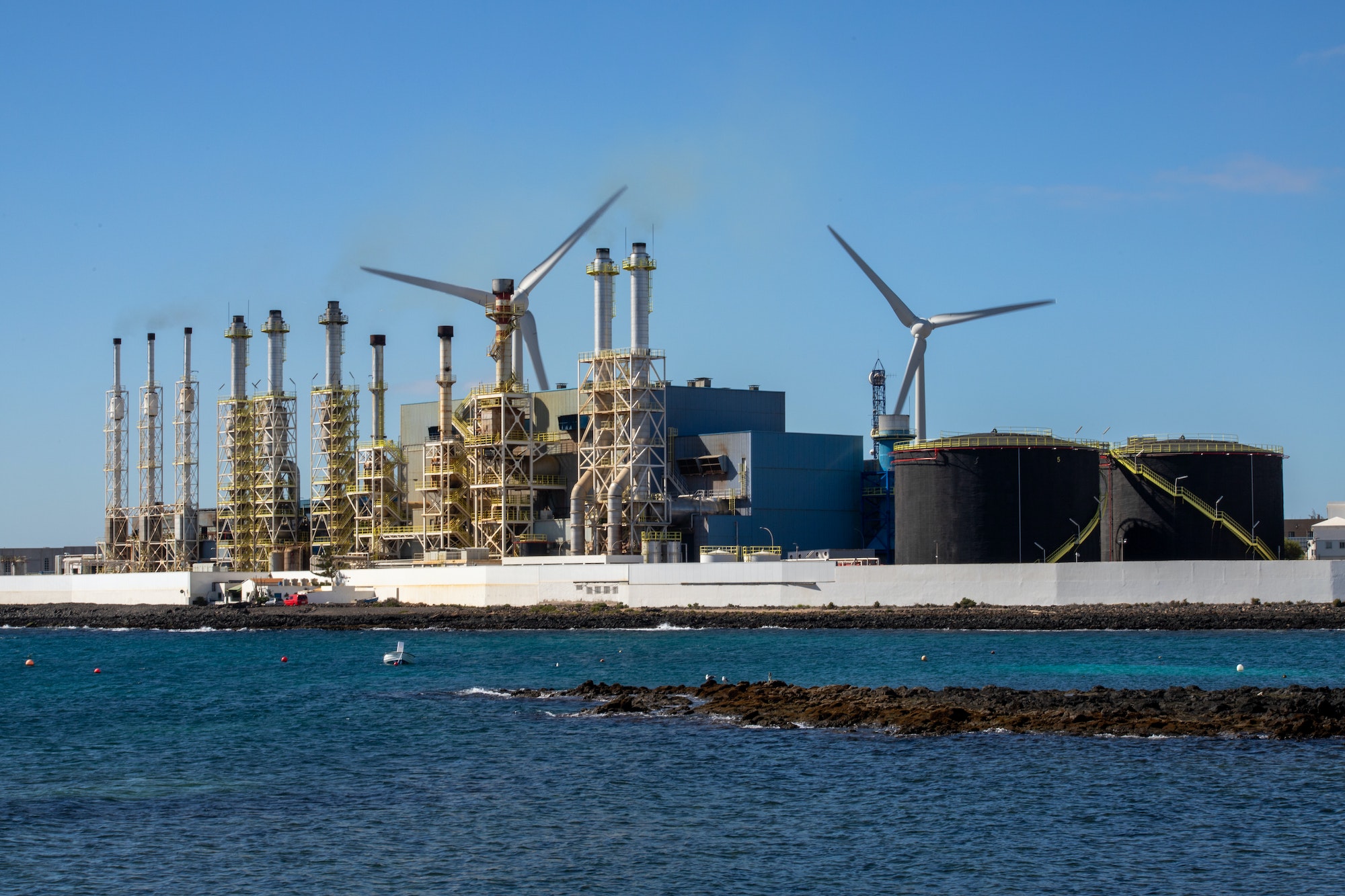When Should You Consider Solar Panel Efficiency? Maximize Your Energy Output
"*" indicates required fields
Introduction
Solar power has emerged as a popular and sustainable energy solution for homeowners worldwide. One crucial factor to consider when contemplating a solar installation is solar panel efficiency. Solar panel efficiency determines how effectively sunlight is converted into usable electricity. Understanding solar panel efficiency and its significance can help homeowners maximize their energy output and make informed decisions. In this article, we’ll explore the importance of solar panel efficiency, its impact on energy production, and when you should consider it for your solar investment.
Understanding Solar Panel Efficiency
Solar panel efficiency refers to its ability to convert sunlight into power. It is expressed as a percentage and represents the percentage of sunlight that can be transformed into useful energy. The better the efficiency rating, the more power a solar panel can produce for the same amount of sunshine. For example, a panel with a 20% efficiency will convert 20% of the sunlight it receives into useful electricity.
Importance of Solar Panel Efficiency
Solar panel efficiency plays a crucial role in maximizing energy production and optimizing the return on investment. Here are some reasons why solar panel efficiency is significant:
- Space Limitations: If you have limited roof space or a small area available for solar panel installation, higher-efficiency panels can generate more electricity per square foot. By choosing efficient panels, you can produce more energy and offset a greater portion of your electricity needs.
- Cost Optimization: Efficient solar panels can help optimize your solar investment by maximizing the energy output for the same number of panels. While high-efficiency panels may have a higher upfront cost, they can generate more electricity over their lifespan, resulting in better long-term financial returns.
- Performance in Low-Light Conditions: Solar panel efficiency is particularly important in regions with frequent cloudy or low-light conditions. Panels with higher efficiency can generate more electricity even under less optimal sunlight conditions, ensuring consistent energy production throughout the year.
- Environmental Impact: Solar panel efficiency also plays a role in reducing the environmental impact of energy production. Higher-efficiency panels require fewer resources for manufacturing, resulting in a lower carbon footprint. Choosing efficient panels contributes to a cleaner and more sustainable future.
When to Consider Solar Panel Efficiency
While solar panel efficiency is important, it may not be the sole determining factor in all situations. Here are some scenarios when you should consider solar panel efficiency:
- Limited Roof Space: Higher-efficiency panels can benefit if you have limited roof space or want to maximize the energy output from a specific area. They allow you to generate more electricity within the available space.
- High Electricity Consumption: If your household has high electricity consumption, efficient panels can help offset a greater portion of your energy needs. This is especially relevant if you aim to become more energy-independent or reduce your reliance on the grid.
- Long-Term Investment: If you plan to stay in your home for an extended period, investing in higher-efficiency panels can be advantageous. The increased energy production can result in greater long-term savings and a faster return on investment.
- Challenging Environmental Conditions: If your location experiences frequent shading, cloudy weather, or other challenging environmental conditions, efficient panels can provide better performance and more consistent energy production.
Factors Influencing Solar Panel Efficiency
Several factors affect solar panel efficiency. These include:
- Technological Advances: Advancements in solar cell technology continue to improve panel efficiency. Newer generations of panels often boast higher efficiency ratings than older models.
- Quality of Materials: The quality of materials used in the manufacture of solar panels can have an effect on efficiency. High-quality components and advanced manufacturing techniques can enhance overall efficiency.
- Temperature Coefficient: The temperature coefficient of a panel indicates how its efficiency is affected by temperature. Panels with a lower temperature coefficient perform better in hot climates.
- Panel Orientation and Tilt: The orientation and tilt of solar panels affect their exposure to sunlight. Optimizing panel placement and tilt can maximize energy production.
Conclusion
Solar panel efficiency is a crucial factor to consider when contemplating a solar installation. Higher-efficiency panels offer advantages such as increased energy output, cost optimization, and better performance under challenging environmental conditions. Assess your specific needs, available roof space, and long-term investment goals to determine the level of efficiency that suits your requirements. Consider consulting with reputable solar installers and professionals to understand the available options and select the most suitable panels for your solar investment. By maximizing solar panel efficiency, you can harness the power of the sun more effectively, increase your energy output, and contribute to a greener and more sustainable future.
Visit our website 180remodel.com to learn more.
"*" indicates required fields







